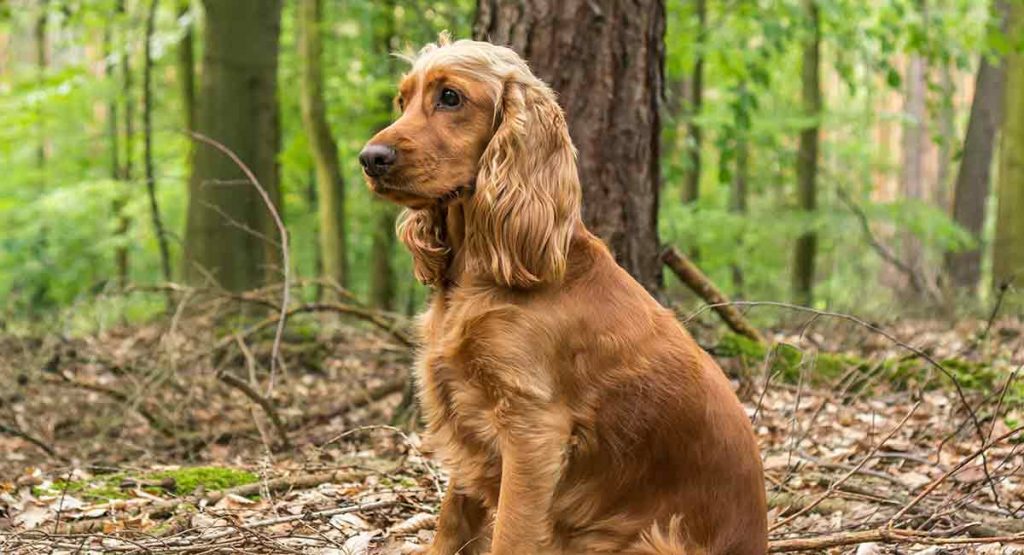Welcoming a new puppy into your home can be an exciting and daunting time, often with a lot of questions about how best to look after your new family member. At McDowall Vets, we are often asked for advice as to when the best time is to neuter (or desex) puppies as there are a lot of conflicting opinions out there!

First things first …… what are the advantages of desexing? If you are not planning to breed from your puppy, we recommend desexing for a number of medical and social reasons.
Medically, desexing reduces the incidence of numerous diseases including (in females)mammary cancer, uterine infections (Pyometra)and uterine and ovarian cancer, and in males; testicular cancer, and prostatic enlargement, infections and abscesses.
From a behavioural and social perspective, the main drive for desexing is to prevent unwanted litters and limit the number of stray animals in society. Desexed animals are also often more socially acceptable; they are less likely to be aggressive or wander in the search of other dogs to breed with. Female dogs will attract male dogs from several kilometres away while in heat and intact males will travel great distances and escape yards if able to with the hope of “getting lucky”!
Intact male dogs also tend to scent mark frequently which can be quite antisocial, while intact bitches will need managing during their 3 week season every six months.
 So …. when is the best time to get this done?
So …. when is the best time to get this done?
This differs between male and female dogs and also between different breeds of dog. Let’s start with male dogs:

Historically we have recommended that all male dogs are castrated at about 6 months of age. The main reason for this timing is that male dogs tend to go through adolescence between 6 and 9 months of age and during this time will learn to scent mark and will also start to show sexual activity. If desexed beyond this point some of these learnt behaviours may remain permanently.
This remains our advice for small breed dogs, however, recently there has been some research to show that for some large breed dogs there is a medical benefit in allowing them to mature fully before desexing them. Research has shown a reduction in incidence of joint disease (Hip dysplasia, Cranial cruciate ligament rupture and Elbow dysplasia) and some cancers in Golden Retrievers, German Shepherds, Irish Wolfhounds, Bernese Mountain Dogs, Dobermans and Boxers when their desexing has been delayed to between a year and 18 months of age. Hence, for these breeds, we are now recommending waiting until they are 12 – 18 months old before desexing them as we feel the medical benefits outweigh the possible negative behavioural traits developed by postponing the procedure. This is still a very personal choice though, so please feel free to discuss this in more depth with us if you are not certain what would be best for your pet.
 For female dogs the decision is a little more complicated as there are medical benefits for desexing at 6 months for some conditions as well as other benefits for waiting until 12-18 months for other conditions, so once again the best timing is very much breed related, depending on which medical conditions they are most prone to develop.
For female dogs the decision is a little more complicated as there are medical benefits for desexing at 6 months for some conditions as well as other benefits for waiting until 12-18 months for other conditions, so once again the best timing is very much breed related, depending on which medical conditions they are most prone to develop.

 For small breed dogs (below 20kg), we still feel that the optimal time to desex is at the 6 month point as the dramatic reduction that we see in mammary cancer when bitches are desexed at this age outweighs any advantage to waiting any longer in this size of dog. However in larger breeds of dog we recommend considering waiting until between their first and second season ( 12 – 15 months of age) to allow them to reach their full mature size and hence lessen their risk of developing the joint diseases mentioned above. Allowing bitches to have their first season will mean however that you need to protect and isolate them during this time to lessen the risk of an unwanted mating and pregnancy.
For small breed dogs (below 20kg), we still feel that the optimal time to desex is at the 6 month point as the dramatic reduction that we see in mammary cancer when bitches are desexed at this age outweighs any advantage to waiting any longer in this size of dog. However in larger breeds of dog we recommend considering waiting until between their first and second season ( 12 – 15 months of age) to allow them to reach their full mature size and hence lessen their risk of developing the joint diseases mentioned above. Allowing bitches to have their first season will mean however that you need to protect and isolate them during this time to lessen the risk of an unwanted mating and pregnancy.
If allowing your bitch to have a season, it is important to wait 2-3 months after the season before we desex them, to allow their uterus to return to normal prior to the surgery.
Below is a chart of suggested guidelines for ages of neutering for various breeds.
 As further research becomes available these recommendations may vary a little. Please feel free to discuss this in more depth with us at McDowall Vets when you are next in to see us.
As further research becomes available these recommendations may vary a little. Please feel free to discuss this in more depth with us at McDowall Vets when you are next in to see us.
